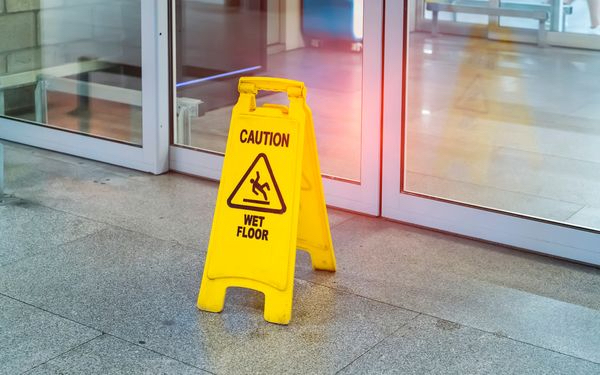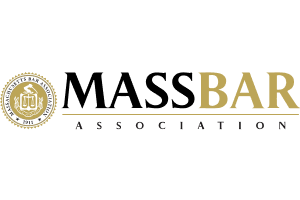Massachusetts Appellate Court Declines To Apply “Mode Of Operation” Doctrine

Earlier last year, the Appeals Court of Massachusetts issued a written decision in an interesting premises liability case that required the court to discuss the “mode of operation” doctrine. In the case, Amara v. Falcon Holding Corporation, the court determined that the facts of the plaintiff’s accident did not fall within the doctrine, and the court ultimately affirmed the dismissal of the plaintiff’s case.
The Facts of the Case
Amara was attending a conference at the Sheraton Hotel. On a trip to the restroom, Amara slipped and fell on the ceramic tile floor, sustaining serious injuries as a result. Upon getting up, she noticed that the floor was covered in a wet foamy substance that smelled like furniture polish. Upon further investigation, Amara located an uncapped bottle of furniture polish in a nearby cabinet that was leaking onto the floor. Evidently, another person attending the conference thought that it was an air freshener and sprayed the substance accordingly.
Amara filed a premises liability lawsuit against the owner of the hotel. In response, the hotel asked for the case to be dismissed because the plaintiff had failed to provide evidence that the owner knew or should have known about the dangerous condition on the floor. Amara did not argue that anyone at the hotel knew about the spill but instead argued that under the “mode of operation” doctrine, the hotel could still be held liable. The trial court disagreed with Amara and granted the hotel’s motion to dismiss. Amara appealed.
On Appeal, the Lower Court’s Decision Is Affirmed
The appellate court explained that the mode of operation doctrine “recognizes that a [business’] manner of operation can create foreseeable hazards that might arise through the actions of third parties, thus obligating the proprietor to take all reasonable precautions necessary to protect against those foreseeable hazards.” However, in order for the doctrine to apply, the plaintiff must establish that the hazard is a “recurring feature of the mode of operation,” rather than one that is merely conceivable. The court used the example of a customer who slips on a grape in a grocery store. The court explained that the ease with which another customer could open a bag of grapes and drop one onto the floor creates a duty on the part of the store to continually inspect for crushed grapes that could cause an accident.
Here, the court determined that the furniture polish stored in a bathroom cabinet was not a “recurring feature” of the hotel’s business. The court explained that there was no evidence that anyone else had slipped on the polish or that this was a common problem in the hotel’s line of business. As a result, the court did not apply the mode of operation analysis, and since the plaintiff was unable to prove the defendant’s actual or constructive knowledge of the spill, the case was properly dismissed.
Have You Been Injured in a Massachusetts Slip-and-Fall Accident?
If you or a loved one has recently been injured in a Massachusetts slip-and-fall accident, you may be entitled to monetary compensation. The skilled personal injury attorneys at the Law Offices of Robert C. Shea, P.C. have experience handling hundreds of personal injury cases, and we know what it takes to succeed on our clients’ behalf. With an in-depth knowledge of the law and the local court systems across Massachusetts, Attorney Robert C. Shea is a capable Massachusetts personal injury attorney. Call 508.510.5107 to set up a free consultation to discuss your case today.
Source: https://casetext.com/case/amara-v-falcon-holding-corp-1







